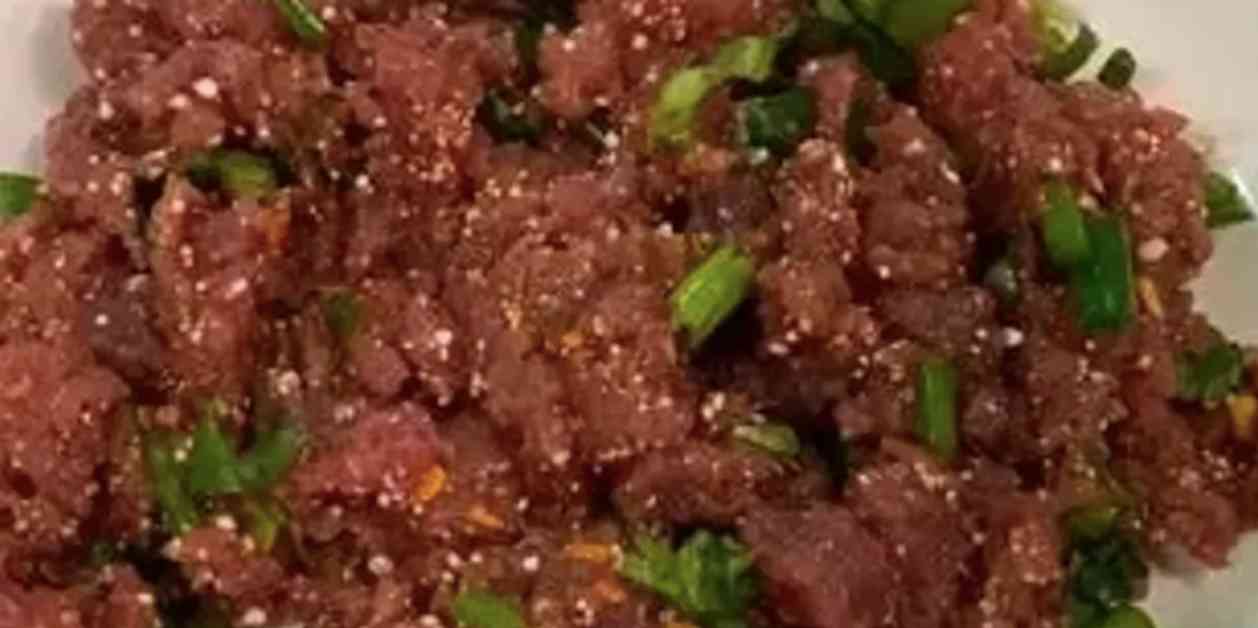Exploring the Dangers of Koi Pla: A Deadly Thai Dish
Thai cuisine is renowned worldwide for its vibrant flavors and unique dishes, from Pad Thai to green curry. However, amidst the culinary delights of Thailand lies a little-known dish that has been linked to a deadly consequence – liver cancer. Koi pla, a traditional meal made of minced raw fish with seasonings and lemon juice, has been identified as the cause of 20,000 fatalities in the Southeast Asian country.
The Deadly Connection: Parasitic Flatworms in Raw Fish
While the fish itself may seem harmless, it’s the parasitic flatworms that live inside them which pose a serious health risk. These parasites are prevalent in the Mekong region, with Isaan, one of the poorest areas in Thailand, having the highest reported instance of cholangiocarcinoma (liver cancer) due to heavy consumption of raw fish. Liver surgeon Narong Khuntikeo emphasized the severity of the situation, stating, “It’s a very big health burden around here. But nobody knows about this because they die quietly, like leaves falling from a tree.”
The Urgent Need for Awareness and Intervention
The “silent killer” nature of liver cancer caused by consuming raw fish makes it one of the deadliest forms of cancer with low survival rates if not promptly addressed. Khuntikeo has been conducting tests on locals in the area, using ultrasound machines and urine tests to detect the presence of the parasite. Shockingly, his findings revealed that a staggering 80 percent of villages had consumed the parasite unknowingly.
Local health officials have taken steps to educate the public about the dangers of consuming raw food, including developing a school curriculum to raise awareness. However, changing deeply ingrained cultural practices has proven to be a challenge. Many individuals resist cooking the fish as they believe it alters the taste of the dish, despite the severe health risks associated with consuming it raw.
Raising Awareness and Promoting Change
As the prevalence of liver cancer linked to raw fish consumption continues to rise in Thailand, it is crucial to prioritize awareness and education on the dangers of consuming dishes like koi pla. Initiatives aimed at promoting safe food practices and encouraging proper cooking techniques can help prevent unnecessary fatalities and improve public health outcomes in the region.
In conclusion, while Thai cuisine is celebrated for its rich flavors and diverse range of dishes, it is essential to be mindful of the potential health risks associated with certain traditional meals. By raising awareness, promoting safe food practices, and advocating for change, we can work towards reducing the incidence of liver cancer and ensuring the well-being of individuals in Thailand and beyond.













